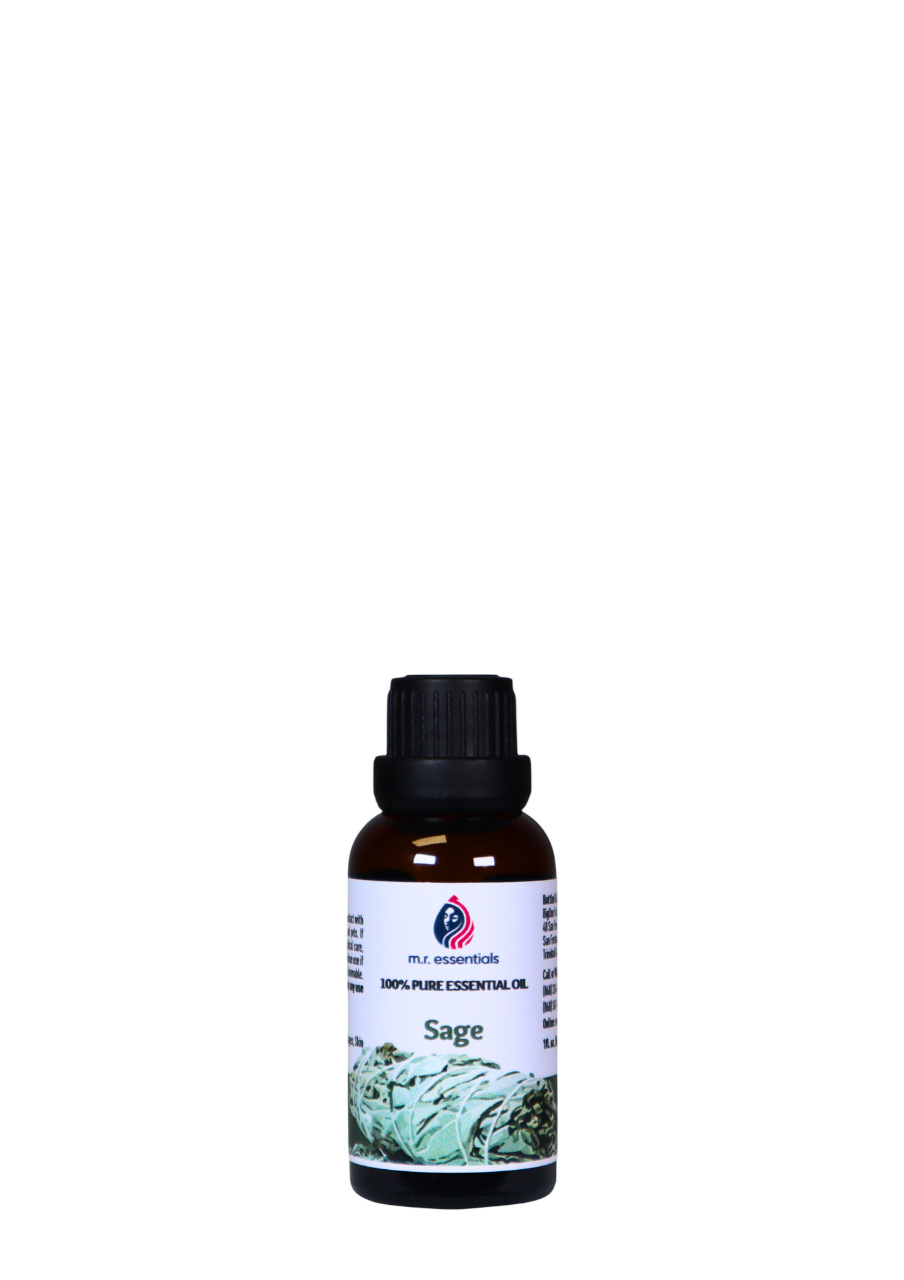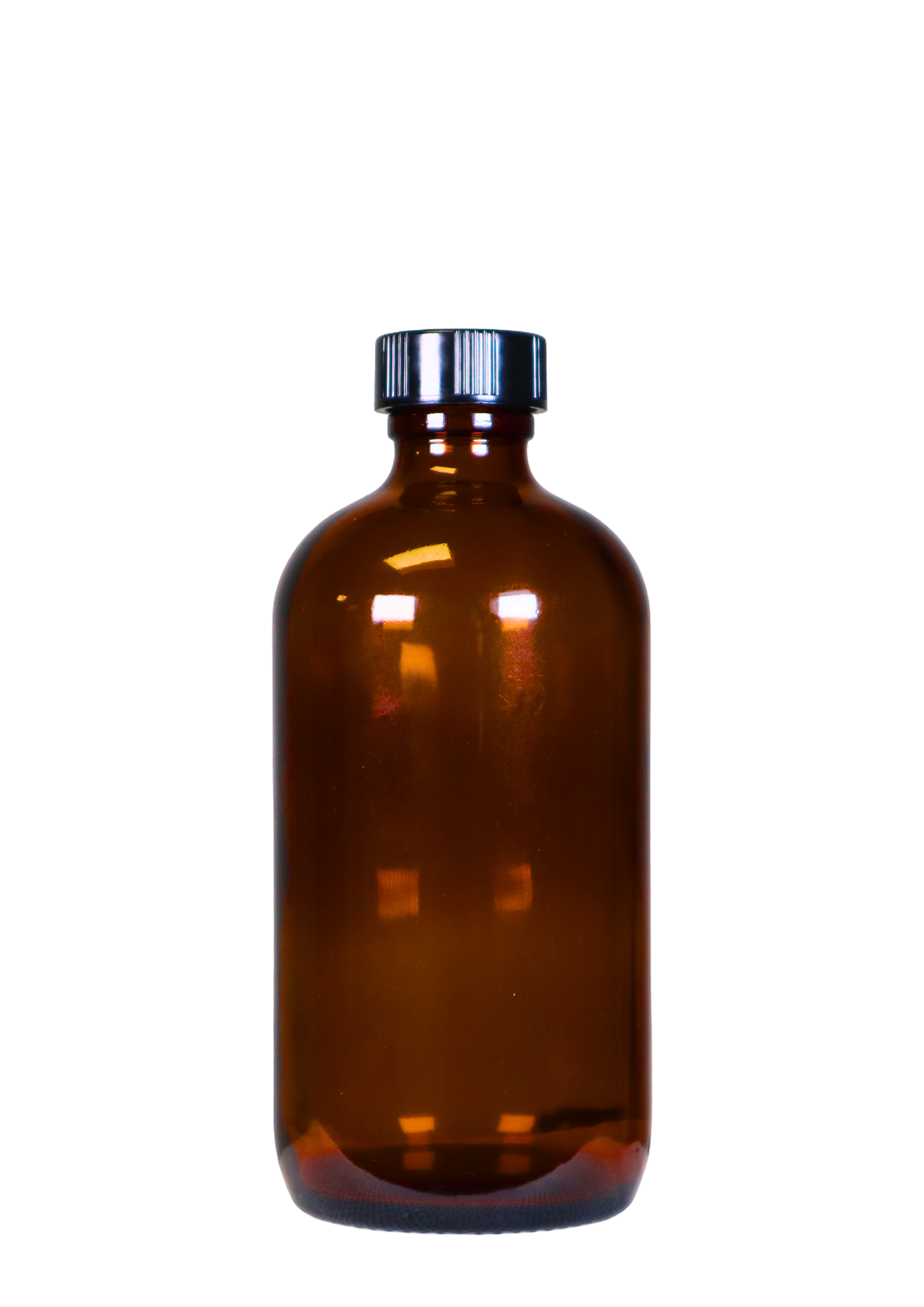MR Essentials
Sage Essential Oil (Salvia officinalis)
Sage Essential Oil (Salvia officinalis)
Couldn't load pickup availability
*The statements below have not been evaluated by the Food and Drug Administration. This product is not intended to diagnose, treat, cure, or prevent any disease.
Share
Product Details
Product Details
Method of Extraction: Steam Distilled.
Plant Part Used: Leaves and Flowers/Buds.
Color: Clear.
Consistency: Medium.
Aromatic Description
Aromatic Description
Perfumery Note: Top.
Strength of Initial Aroma: Strong.
Aromatic Description: Herbaceous, fruity, fresh and camphorous.
Suggested Uses
Suggested Uses
• Muscular Aches.
• Joints.
• Headaches.
• Digestive Upsets.
• Sore Throat.
• Menstrual Cramping.
• Nervousness.
• Mental Fatigue.
• Emotional Exhaustion.
• Memory Loss.
• Acne.
• Fragrancing in very low dilutions.
Source: Valerie Ann Worwood, The Complete Book of Essential Oils and Aromatherapy, 25th Anniversary Edition (Novato, CA: New World Library, 2016, 619.
Source: Julia Lawless, The Encyclopedia of Essential Oils (Updated Edition) (London: Harper Thorsons, 2014), 177-178.
Dilution Guideline
Dilution Guideline
Adults: Usually, a 2-3% dilution is suitable, about 12-18 drops of essential oil per ounce of carrier oil.
Children (5-10), Frail Elderly, Sensitive Skin: A lower dilution of 1% or less (6 drops per ounce).
Facial or Sensitive Areas: Use a 0.5-1% dilution (3-6 drops per ounce).
Acute or Short-Term Use: For resolving a specific issue, a marginally higher dilution can be used for a period of 2-3 weeks as necessary.
Major Constituents
Major Constituents
Camphor. a-Thujone. Borneol. 1,8-Cineole. B-Thujone. B-Caryophyllene.
Source: B.M. Lawrence, Progress in Essential Oils. (Perfumer & Flavorist 23 no. 2, 1998), 50. Source cited in Robert Tisserand and Rodney Young, Essential Oil Safety (Second Edition. United Kingdom: Churchill Livingstone Elsevier, 2014), 414.
Safety Information
Safety Information
High thujone content. Use sparingly and with extreme caution. Spanish Sage Essential Oil is somewhat safer to work with. Tisserand and Young warn of the possibility of neurotoxicity.
Avoid Sage Oil in pregnancy and breastfeeding. They recommend a dermal maximum of 0.4%.
Reading Tisserand and Young's full profile is recommended. [Robert Tisserand and Rodney Young, Essential Oil Safety (Second Edition. United Kingdom: Churchill Livingstone Elsevier, 2014), 414.]
This essential oil poses a higher risk of causing irritation and sensitization when used in the bath. Avoid using it in the bath, even if it is solubilized/diluted.




